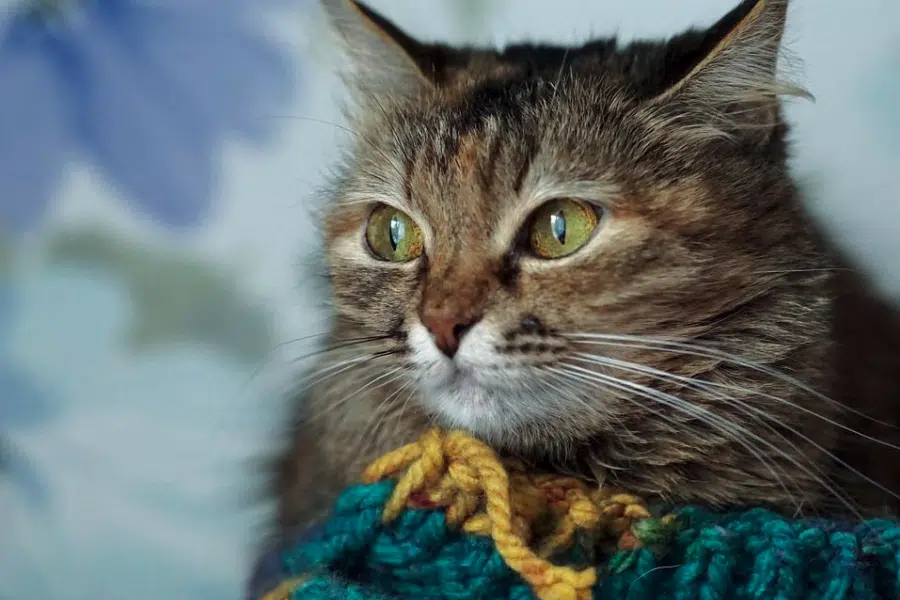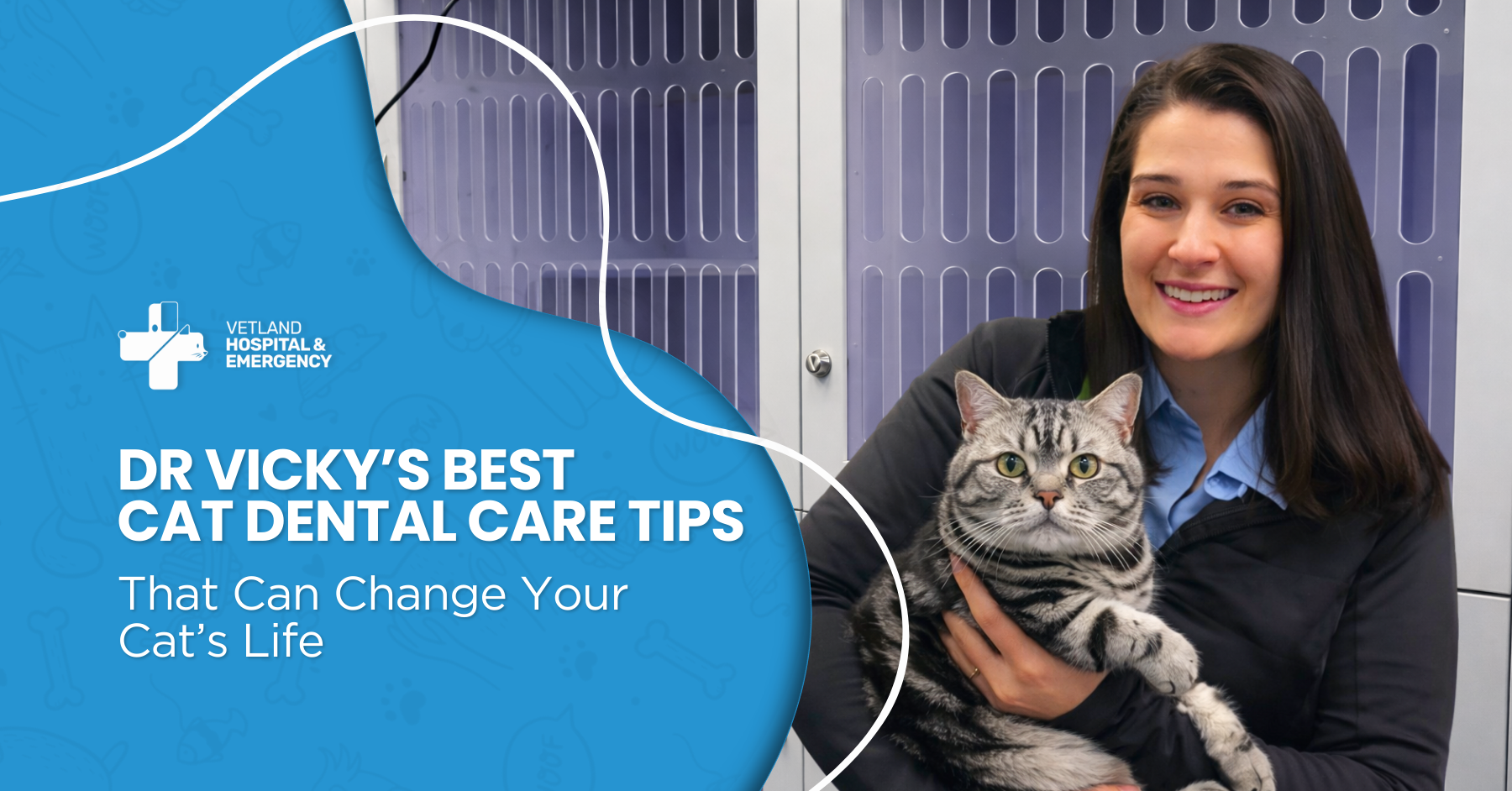Dr Vicky’s Best Cat Dental Care Tips That Can Change Your Cat’s Life
Your cat may be hiding dental pain right now, would you know it? Cat dental care matters for one reason—it hurts.There are no obvious symptoms, but...

Cat flu is the common term for a highly contagious feline respiratory disease. Although cats of all ages can contract cat flu, the effects of the disease can be more severe for kittens, older cats, and purebreds. Cat flu is caused by a group of bacterial and viral infections, of which the two most common are the Feline Herpes Virus 1 (FHV1) and Feline Calicivirus (FCV). Here’s some more information about cat flu to help you prevent or recognise the disease.
How is the virus spread and what are the symptoms?
Your kitten may have contracted a cat-flu-causing virus or bacteria before you adopted them, but because it’s been dormant it has likely gone unnoticed. Since stress can cause the disease to become active, an upheaval such as moving to a new home can bring on a bout of cat flu.
The disease is highly contagious, so your kitty can also easily catch it from infected cats by coming into contact with their eye, nasal, or mouth discharge. The symptoms of cat flu include the following:
How can I prevent my kitten from contracting cat flu?
The best line of defence against cat flu is to have your kitty vaccinated. Since there are different strains, vaccination may not stop infection from taking place. However, it will lessen the severity of the symptoms. Your kitten can receive a vaccination from around eight weeks old, after which booster vaccinations will be recommended by your vet. Even if your kitten has already had cat flu, it’s a good idea to have them vaccinated since they can become infected again with other strains.
If you have multiple cats and one of them contracts the disease, you will need to isolate the sick pet until they’ve recovered and stopped shedding infectious material, typically around two weeks. Since the disease can be spread through contaminated food or water bowls, litter trays, bedding, and even human hands, you need to wash everything separately and disinfect your hands before touching your other cats.
Annual health checks and vaccinations are especially critical for mature and senior cats (7+ years old). We believe so strongly in this, that all cats 7 years and older benefit from a complimentary blood screening to monitor your cat’s overall health and detect any potential issues like kidney or liver disease early.
Learn more about the offer here
How does one treat cat flu?
Although there’s no cause for stress, it’s best to get your kitten to a vet if you notice they’re not well, especially if they have sore eyes, loss of appetite or trouble breathing. Treatment will vary depending on the cause of the disease, and often only requires good nursing care at home. In the case of secondary bacterial infections, your kitty may receive antibiotics. Other types of medication include anti-viral meds, pain meds, and eye drops.
The best defence is a good offence – keep your kitties vaccinated, and make sure they have top notch nutrition on board to defend against a ‘bout of ‘flu.
While there’s no cause for panic if your cat catches cat flu, remember that vaccination and regular health checks are your best prevention. For senior cats (7+ years), we offer complimentary blood screenings with their annual vaccination to ensure their overall health is being monitored and maintained."
Click here to learn more.

Veterinarian

Your cat may be hiding dental pain right now, would you know it? Cat dental care matters for one reason—it hurts.There are no obvious symptoms, but...

What makes someone choose a career full of uncertainty, constant learning, and never-ending challenges?

Gentle. Precise. Designed for Comfort.